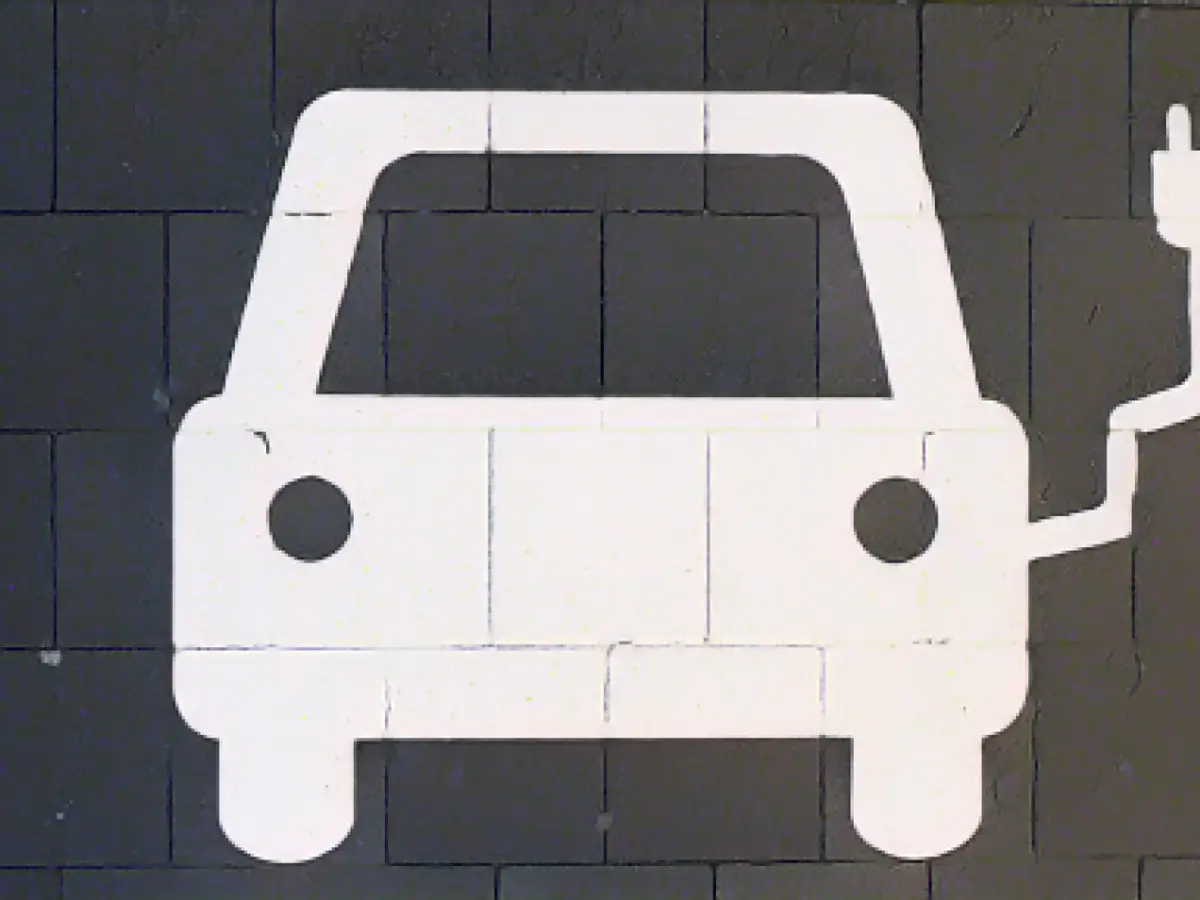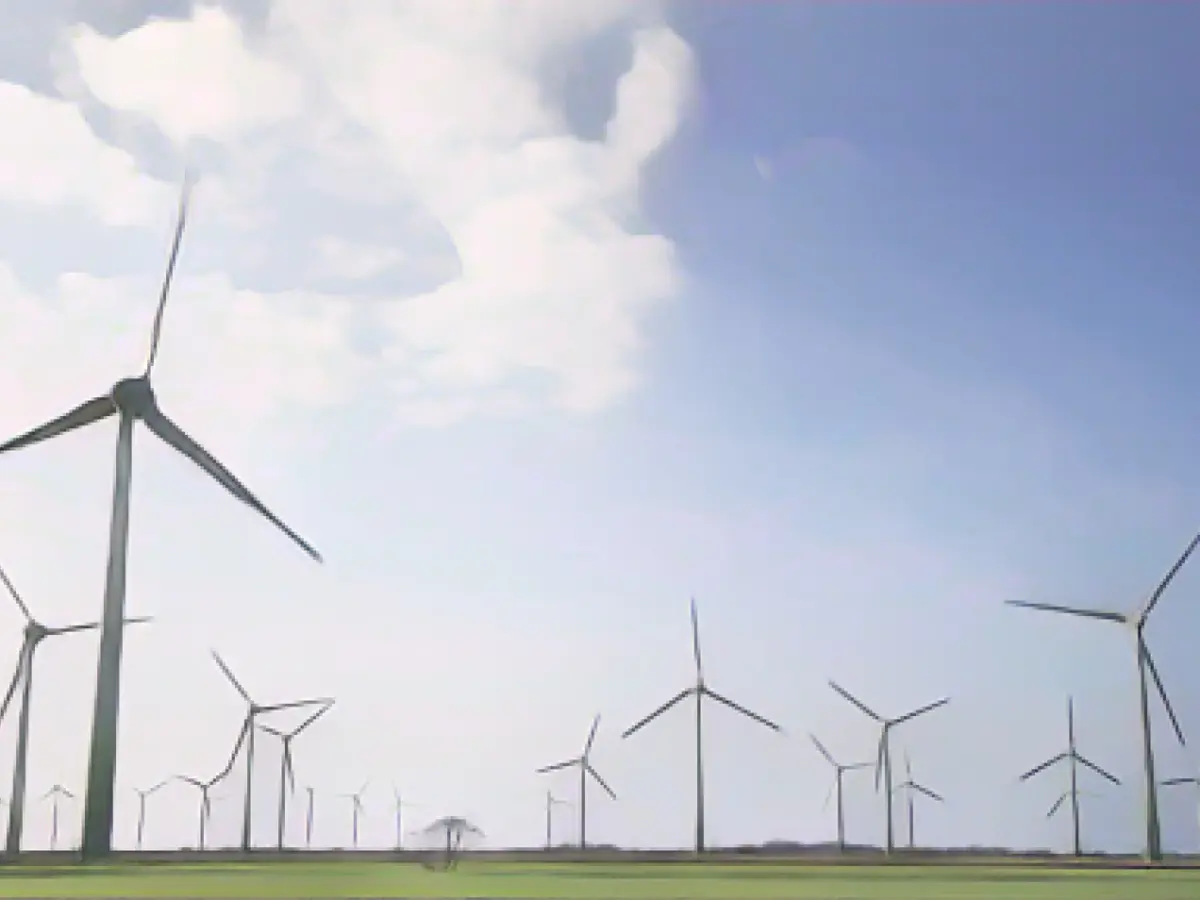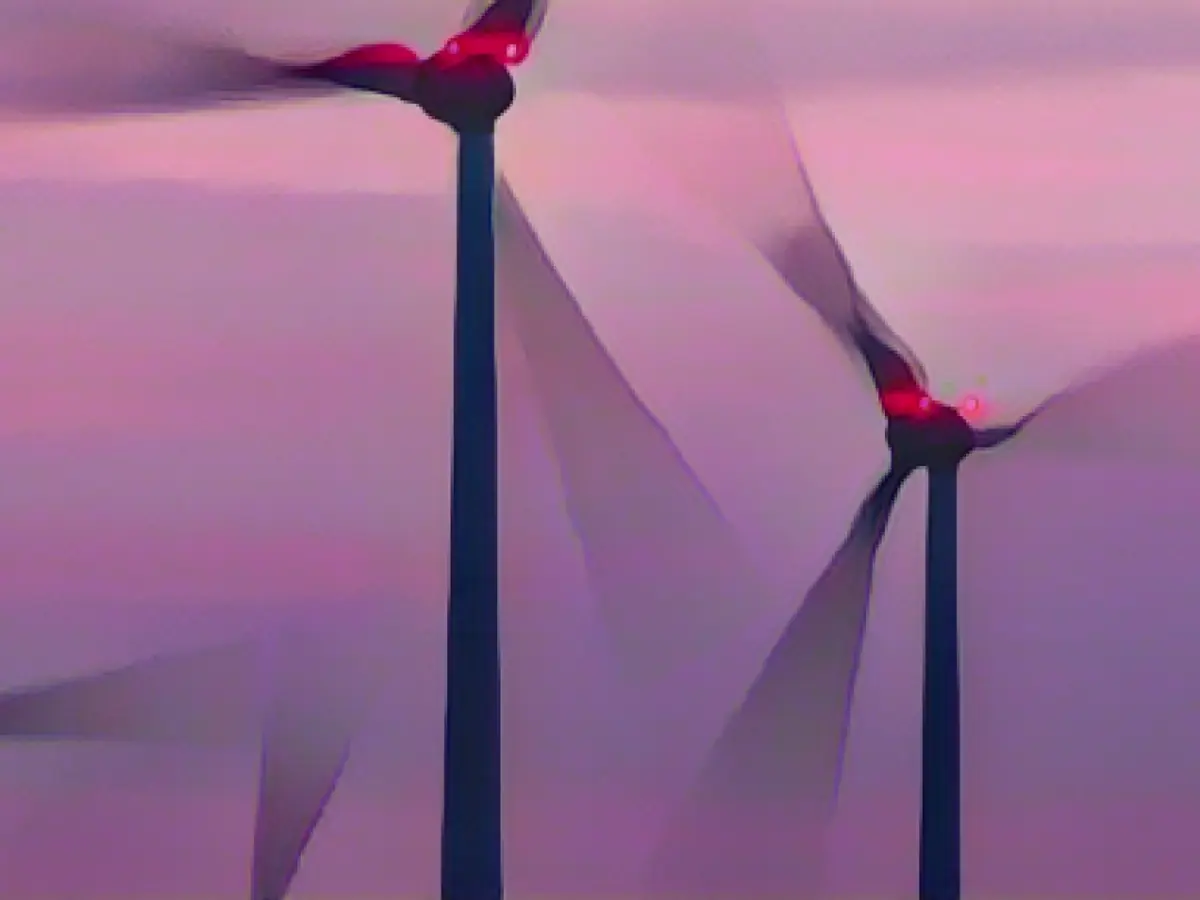The energy sector is issuing alarms over potential delays in constructing hydrogen-equipped gas-fired power plants. EnBW CEO Andreas Schell, speaking to Der Spiegel, warned that a slow rollout could derail Germany's 2030 goal to phase out coal. The VKU, a municipal utilities association, similarly urged against further postponement of the power plant strategy announced for summer.
Economics Minister Robert Habeck's spokesperson confirmed that the strategy is still in the works, sharing plans to reveal it soon. However, the constitutional court's ruling on coronavirus loan reallocations has left the Federal Government with a significant financial gap, affecting climate funding.
Renewable energy from wind and solar power is driving Germany's electricity system transformation, yet hydrogen-capable gas-fired power plants are earmarked for 'dark doldrums'. Habeck revealed planned subsidies, likely amounting to billions.
EnBW aims to cease coal-powered generation by 2028, building three new gas-fired plants that will also produce hydrogen. Schell emphasized the need for certainty to facilitate further investment decisions.
VKU director Ingbert Liebing argued that a power plant strategy is crucial in achieving a successful and efficient energy transition, securing a flexible power supply. Without it, the coal phase-out might be delayed or face a supply shortage. Lacking strategy could increase the risk for investors, potentially delaying the construction of necessary power plants for 2030.
So far, a coal phase-out agreement has been reached for the Rhineland coalfield, but not for Braban, Saxony, and Saxony-Anhalt.
Key Points:
- Germany is exploring using hydrogen-equipped gas-fired power plants as urgent replacements for coal, committing potentially billions in subsidies.
- Energy companies, like EnBW, demand quick implementation of a power plant strategy to bring clarity for investment decisions, potentially hindering the 2030 coal phase-out if delayed.
- The Federal Government struggles to fill the financial gap caused by the constitutional court ruling, affecting funding for alternative energy sources.
- Although Germany is moving away from coal, the role of gas as a transition fuel remains critical in the country's energy policy.
- Without an established power plant strategy, investment risks might rise, jeopardizing the coal phase-out program, as suggested by the Association of Municipal Enterprises (VKU).








